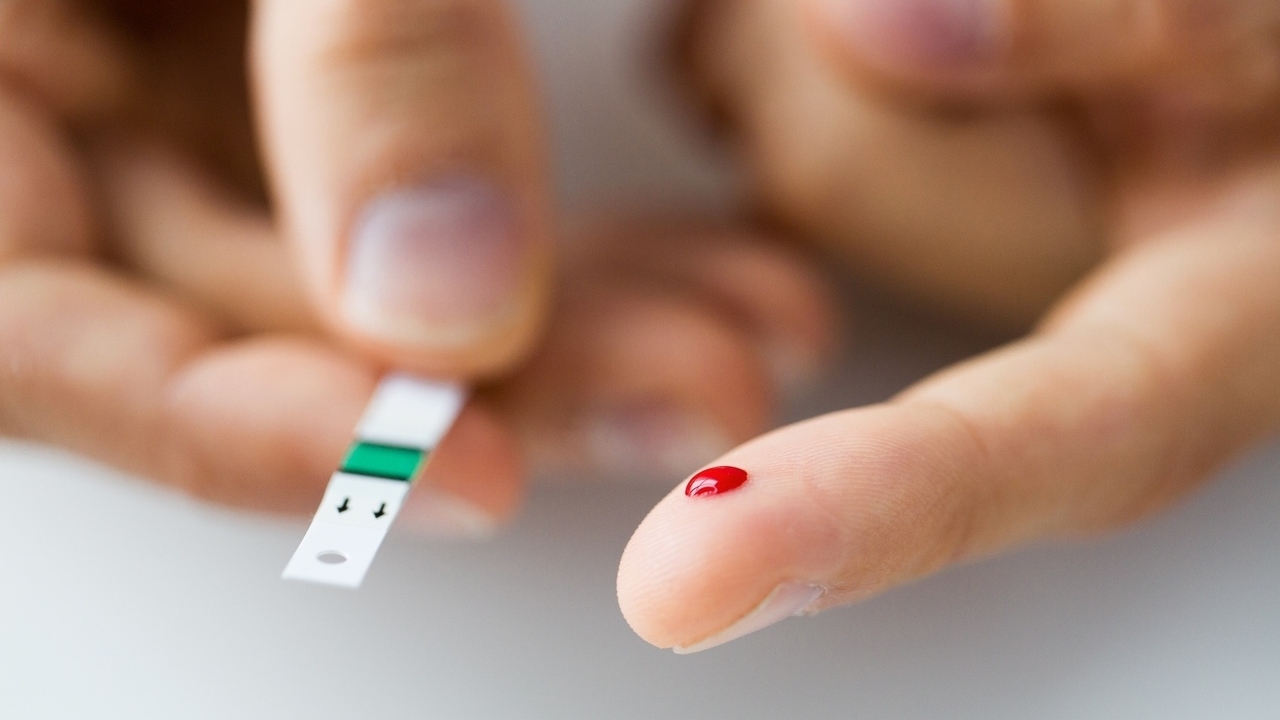Quitting smoking is one of the best things you can do for your health. And no one disagrees. But a new Johns Hopkins study explains how, at least in the short term, the weight gain that often accompanies quitting can raise a person’s risk of diabetes.
The higher risk starts to decrease after a couple of years, however, and is reduced to almost nothing after 10 years, the study said.
From CNN Health:
“The study, which was published today in the Annals of Internal Medicine, followed nearly 11,000 middle-aged people without diabetes -- 45 percent of whom were smokers -- over a nine-year period. Compared to those who had never smoked, the people who quit smoking during the study had a 73 percent increased risk of developing type 2 diabetes three years after quitting.
“The increased risk was even more dramatic in the years immediately after quitting.
"Based on our analysis, [it's] probably 80 percent or even 90 percent," says the study's lead author, Hsin-Chieh (Jessica) Yeh, an assistant professor of internal medicine and epidemiology at the Johns Hopkins University School of Medicine.
By contrast, the smokers who continued to light up were only 31 percent more likely than non-smokers to have developed diabetes at the three-year mark. Previous research has shown that smokers are at higher risk of developing diabetes.
From the Baltimore Sun:
“Dr. Kevin Ferentz, a smoking cessation expert and associate professor in the department of family and community medicine at the University of Maryland School of Medicine, said the study confirms what he sees in his practice - about a third of all smokers who quit gain an average of 5 to 8 pounds. It's not because of a slowed metabolism, he said. Quitters often substitute eating for smoking.
“To stop successfully, smokers need nutritional advice and a plan to tackle the triggers that keep them vulnerable to relapse, he said. Ferentz reminds quitters to munch on low-calorie snacks like carrot sticks, celery and sugar-free gum when the cravings hit.
"The key to stopping smoking is preparation, it's not will power," he said. "The analogy that I use is stopping smoking is a test. You either study for the test and there's a good chance you will pass, or you don't study and there's a good chance you will fail."
Is quitting smoking one of your New Year’s Resolutions? Don’t let this study discourage you. Just be aware that weight gain resulting from extra eating may be a risk in itself, and try to be conscious of what you’re eating as a substitute for smoking. Here are a couple of great sites on quitting smoking:
http://www.smokefree.gov/
http://1800quitnow.cancer.gov/
http://www2.pmusa.com/en/quitassist/index.asp
And here’s the CNN story:
http://www.cnn.com/2010/HEALTH/01/04/diabetes.smoking.risks/
The Baltimore Sun story:
http://www.baltimoresun.com/health/bal-md.hs.diabetes05jan05,0,5559099.story





Add a Comment2 Comments
This is an interesting article, and it reinforces what I've read about how people use smoking as a way of self-medicating or dealing with stress and fall back on other methods for doing this when they quit smoking. I have a few suggestions or contributions (coming from my tea perspective!)
There's some evidence that drinking chamomile tea can prevent diabetes. Chamomile tea is caffeine-free and is generally used as a relaxing or bedtime drink. The original study is here:
http://pubs.acs.org/doi/abs/10.1021/jf8014365
There's also a growing body of evidence that tea (black tea, green tea, etc.) has diabetes-preventing and obesity-fighting activity. Tea has caffeine, which can contribute to weight loss, but there's also evidence that other chemicals in tea (such as catechins) have a positive effect on weight and diabetes. Study:
http://www3.interscience.wiley.com/journal/112235192/abstract?CRETRY=1&SRETRY=0
Another herbal tea worth looking at would be Tulsi / Holy Basil. Tulsi is related to basil, and is used both as a seasoning, and in Ayurvedic medicine. It is caffeine-free and generally considered to make a relaxing herbal tea. There's some preliminary evidence from studies on rats that this plant may help regulate blood sugar levels and thus have anti-diabetes effects. Study:
http://www.springerlink.com/content/k575g722080l58t0/
I hope this can be helpful to someone! Like I said, a lot of this research is preliminary, but these teas are generally safe for most people to drink as beverages, and there is some evidence that they have a number of other health benefits too. Enjoy!
Alex, RateTea.net
January 6, 2010 - 5:47pmThis Comment
Alex,
Thanks so much for the info!!! Teas are fascinating. I went to your website and thought it was great; I have always wondered about the properties of my favorite tea (Darjeeling) and found a lot of info there.
Thanks for writing!
January 8, 2010 - 9:15amThis Comment